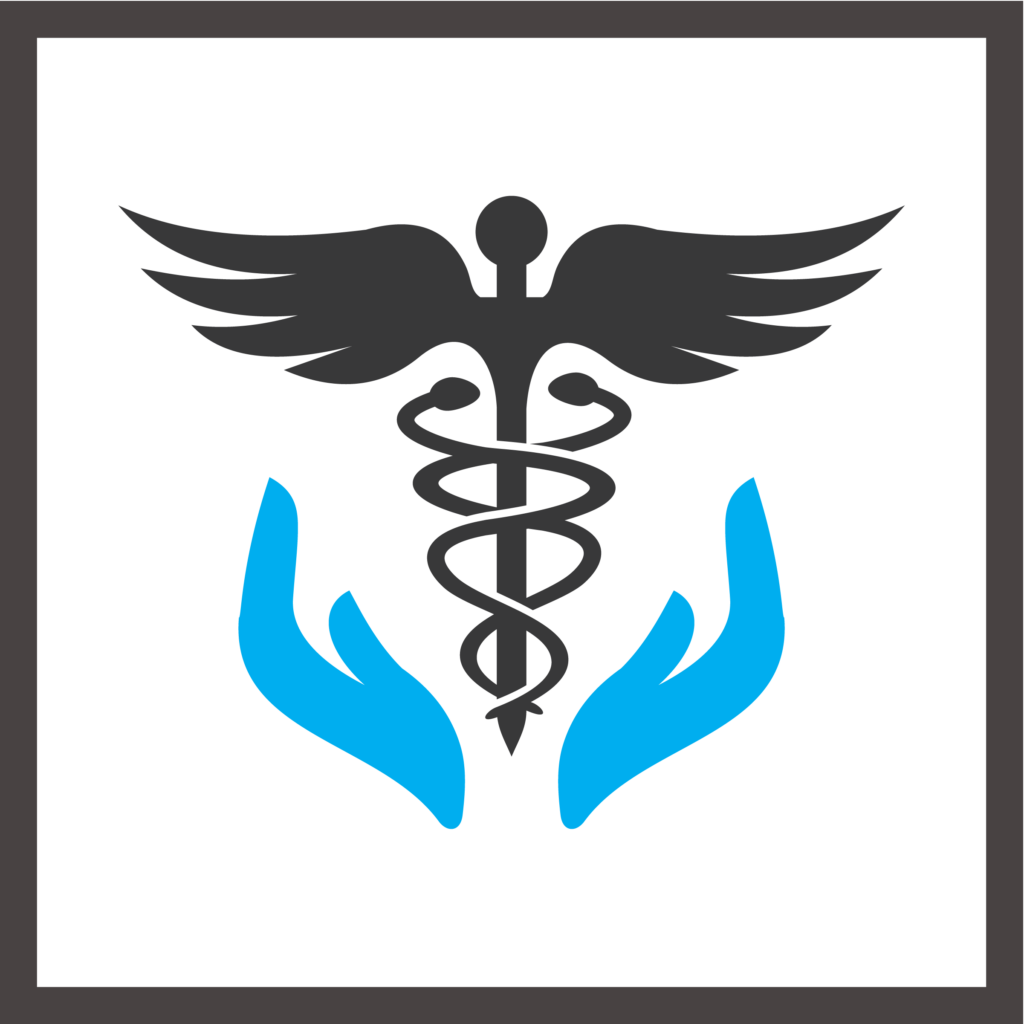Yolanda Sims, JD, MHA

Does your group have a protocol for reaching out to patients in the event of a physician’s untimely death? The physician-patient relationship is personal in nature, and when a physician dies, patients should receive a notice acknowledging the physician’s place in their lives. The plan for reaching out to patients after a physician’s death is very similar to closing a practice. The sooner you act, the better.
In some instances, challenging circumstances may require a collaborative effort to help minimize disruption in the continuity of care. For example, the death of a solo practitioner may result in the local medical community or hospital working together to refill prescriptions, schedule appointments, or even help to facilitate the transfer of medical records to a new treating physician. Keep in mind that this may be a difficult time for patients as they process the news, and many will have questions. Reassure them that care will continue to be provided and that their records can be transferred to a provider of their choice after you receive a signed authorization form from them.
Your protocol after the death of a physician should include the following steps:
Notice to Patients
When notifying patients, the goal is to communicate effectively in ways most likely to reach your patients.
- Send a letter to all active patients acknowledging the death of their physician. For notification purposes, “active” typically means the patient has been seen in the last two years. In the letter, tell patients where their medical records will be stored, how to access them, and how long they will be maintained (according to applicable state laws). Include an authorization form for patients seeking to transfer care.
- Post the message from the letter on the practice’s website and social media pages.
- Use the practice’s patient portal to send the message to patients via email.
- Consider placing an advertisement in a prominent local newspaper. This particular method of notice is optional and less desirable in today’s digital age, but providing notice online and in print will increase awareness.
Notice to Agencies and Other Business Entities
The practice should also notify any state licensing boards, professional liability carriers, and third-party payors of a physician’s death. For specific notification guidance, contact the regulatory agencies and business entities directly.
- In Kansas, one must notify the Kansas Board of Healing Arts as required by K.A.R. 100-24-3. Per statute, if a physician leaves active practice (in this case, due to death), the physician must notify the board within 30 days after terminating the active practice: (1) the location where patient records are stored; (2) the name, telephone number, and mailing address of the record’s agent, if the licensee has designated an agent; and (3) the date on which the patient records are scheduled to be destroyed. Please note that this task is typically completed by the spouse or executor/administrator of the deceased physician’s estate.
- Provide notice to the deceased physician’s professional liability carrier, which allows them to update the policyholder’s profile accordingly. This notification is critical for coverage issues that may arise related to 1) future claims made until the statute of limitations expires or 2) questions about tail coverage.
- Furthermore, in the practice of medicine, it is customary and ethical to notify the Drug Enforcement Agency (DEA), the Kansas Prescription Drug Monitoring Program K-TRACS, Centers for Medicare and Medicaid Services (CMS), and any other third-party entities deemed worthy of notice.
In conclusion, advanced planning is key to ensuring patient care is not compromised due to the untimely death of a physician. To reduce the uncertainty, understand now what legal obligations you have to patients and identify resources you may need should you find yourself seeking guidance or counsel.
This document should not be interpreted as medical or legal advice. Because the facts pertaining to your situation may fluctuate, or the laws in your jurisdiction might vary, please contact your attorney if you have questions related to your legal or medical obligations or rights, state or federal laws, contract interpretation, or other legal questions.
References
Tessier W, Keegan W, Ash E. Continuing Obligations Following the Unexpected Death of a Physician: Things to Keep in Mind. Mo Med. 2018 Jul-Aug; 115(4):325-327. PMID: 30228753; PMCID: PMC6140270.
U.S. Department of Justice, Drug Enf ’t Admin., Practitioner’s Manual: An Informational Outline of the Controlled Substances Act 11 (2006 ed.), https://www.deadiversion.usdoj.gov/pubs/manuals/pract/pract_manual012508.pdf
Campbell, Rainey. Patient Notification Requirements (July 2021) https://www.cariend.com/patient-notification-requirements/
For more information about obligations to patients, the AMA’s code of Medical Ethics is available online at https://www.ama-assn.org/delivering-care/medical-ethics
